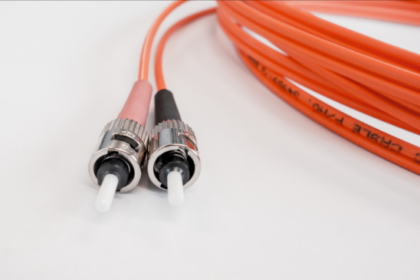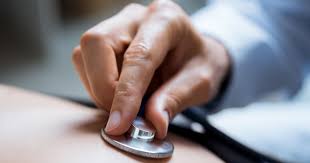Emergency dental care becomes necessary when tooth pain or damage reaches a point where waiting is no longer safe. Severe discomfort, sudden injuries, swelling, or infections can worsen quickly if they’re not treated right away. Understanding the signs that call for immediate attention can help you protect your teeth and prevent long-term complications. Here is more information on seeking urgent dental care:
Exploring Signs of Dental Emergencies
Persistent, severe pain that does not subside with over-the-counter medication is a clear indicator that you need emergency dental care. This type of pain often signals an underlying issue that requires professional diagnosis and treatment. Swelling in your gums, face, or neck is another key sign of a dental emergency. Signs of infection, such as a fever or a bad taste in your mouth, should prompt you to seek dental care immediately. If you have bleeding from the mouth that won’t stop, you should also see an emergency dentist, because uncontrolled bleeding can lead to significant health problems.
Recognizing Dental Emergencies
Several dental problems can become dental emergencies and should be treated right away. Here are dental issues that demand urgent attention:
- Knocked-Out Tooth: A tooth that has been completely knocked out of its socket requires immediate care.
- Severe Toothache: Intense, throbbing pain that is not relieved by pain medication often points to an infection or abscess.
- Cracked or Broken Tooth: A severely cracked or fractured tooth can expose the inner pulp, leading to severe pain and an increased risk of infection.
- Uncontrolled Bleeding: Bleeding from the mouth that does not stop after applying pressure for some minutes needs immediate medical evaluation.
- Abscessed Tooth: A dental abscess is a pus-filled pocket caused by a bacterial infection, and can become life-threatening if the infection spreads.
- Lost Filling or Crown: Losing a filling or crown can expose the sensitive parts of your tooth, leading to pain and potential damage.
These conditions cause significant pain and may lead to serious health complications if left untreated.
Preparing Before Seeing the Dentist
While you are waiting for your emergency dental care appointment, there are some steps you can take to manage your symptoms. For a knocked-out tooth, gently rinse the tooth with water without touching the root, then try to place it back in the socket. If that is not possible, place the tooth in a small container of milk or your own saliva and bring it to the dentist. If you have a severe toothache, rinse your mouth with warm salt water to clean the area and reduce inflammation. These are temporary measures until you can receive professional treatment.
Treating Emergency Tooth Issues
Emergency dentists are equipped to handle a range of severe dental problems through specialized treatments. Here are some common procedures they may perform:
- Root Canal Therapy: For a severely infected or abscessed tooth, a root canal may be necessary to remove the infected pulp and save the tooth.
- Tooth Extraction: If a tooth is too damaged to be saved, an extraction may be the only option to prevent further infection and relieve pain.
- Dental Crowns or Fillings: For a cracked or broken tooth, a dentist may place a crown or a filling to restore its shape and function.
- Splinting: A dentist may use a splint to stabilize a loose tooth that has been dislodged but not completely knocked out.
- Re-implantation: If you bring a knocked-out tooth to the dentist quickly, they may be able to re-implant it into the socket.
Your dentist will explain the best course of action after a thorough examination.
Get Emergency Dental Care Today
Knowing when to seek emergency dental care is key to managing severe tooth issues and preventing long-term damage. Signs such as severe pain, swelling, and uncontrolled bleeding often indicate a serious problem that requires immediate attention. If you are experiencing a dental emergency, contact an emergency dentist near you for urgent dental care now.









